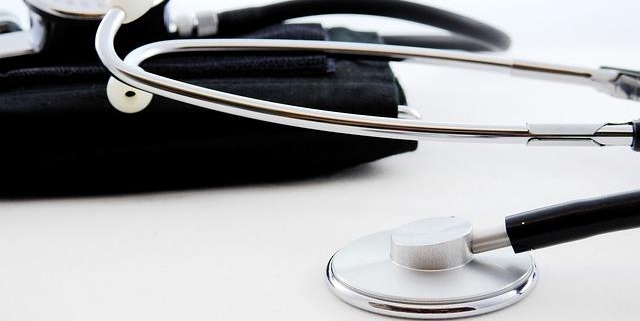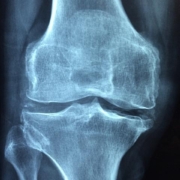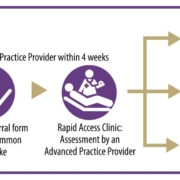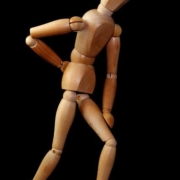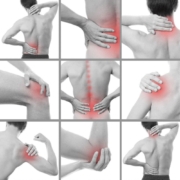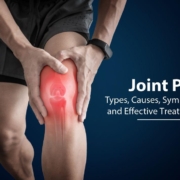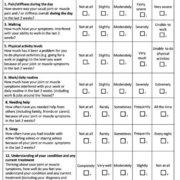Move with Ease: Maintaining Optimal MSK Health at Every Age
Our musculoskeletal system (MSK) – the bones, muscles, joints, tendons, and ligaments that support our bodies – is essential for everything we do, from walking and running too simply holding a pen. Maintaining its health throughout our lives is crucial for staying active, self-reliant, and pain-free. This article provides practical tips and advice for keeping your MSK system in top shape at every age.
Understanding the Importance of MSK Health
A healthy MSK system allows us to move freely and perform daily tasks without discomfort. As we age, our bones can become weaker, and our muscles and joints can lose flexibility.This can lead to pain, stiffness, and an increased risk of injuries like fractures and sprains. By taking proactive steps to maintain MSK health, we can reduce these risks and enjoy a higher quality of life.
Building a Strong Foundation: MSK health in Childhood and Adolescence
Nutrition: A balanced diet rich in calcium and vitamin D is crucial for building strong bones during childhood and adolescence.Encourage consumption of dairy products, leafy green vegetables, and fortified foods.
Exercise: Regular physical activity, including weight-bearing exercises like running and jumping, helps build bone density and strengthens muscles. Encourage participation in sports and other active hobbies.
Proper posture: Good posture habits developed early can prevent future back problems. Ensure children have ergonomically designed backpacks and workstations.
Maintaining Momentum: MSK Health in Adulthood
Strength Training: Incorporating strength training exercises two to three times a week helps maintain muscle mass and bone density, which naturally decline with age. Focus on exercises that target all major muscle groups.
Flexibility and Stretching: Regular stretching and flexibility exercises, like yoga or Pilates, can improve range of motion and reduce the risk of muscle strains and joint pain.
Weight Management: Maintaining a healthy weight reduces stress on joints, especially in the knees and hips. A balanced diet and regular exercise are key to weight management.
Ergonomics at Work: Pay attention to your posture and workstation setup to prevent repetitive strain injuries. Take frequent breaks and stretch throughout the workday.
Listen to Your Body: Pay attention to any pain or discomfort and seek medical advice if needed. Don’t push through pain, as this can worsen injuries.
Navigating the Changes: MSK Health in Older Adulthood
low-Impact Exercise: Activities like walking, swimming, and cycling are gentle on joints while still providing cardiovascular and muscle-strengthening benefits.
Balance Training: Exercises that improve balance can reduce the risk of falls, a major cause of fractures in older adults. Tai chi and yoga are excellent options.
Bone Density Screening: Talk to your doctor about bone density screening to assess your risk of osteoporosis.
Medication Management: Certain medications can affect bone health. Discuss any potential risks with your doctor.
Home Safety: Make your home safer by removing tripping hazards, installing grab bars in the bathroom, and ensuring adequate lighting.
Preventing Common MSK Issues
Osteoarthritis: Maintaining a healthy weight, engaging in regular low-impact exercise, and protecting joints from excessive stress can help prevent osteoarthritis.
Osteoporosis: Ensure adequate calcium and vitamin D intake throughout life, engage in weight-bearing exercise, and talk to your doctor about bone density screening.
Back Pain: Maintain good posture, lift objects correctly, strengthen core muscles, and stretch regularly to prevent back pain.
Sports Injuries: Warm up properly before exercise, use proper technique, wear appropriate footwear, and listen to your body to prevent sports injuries.
Key Takeaways for Lifelong MSK Health
Regular Exercise: Engage in regular physical activity throughout your life, adapting the type and intensity as you age.
Balanced Nutrition: Consume a healthy diet rich in calcium, vitamin D, and other essential nutrients.
Proper Posture and Ergonomics: maintain good posture and practice proper lifting techniques to protect your back.
Listen to Your Body: Pay attention to any pain or discomfort and seek medical advice when needed.
Further Resources
The arthritis Foundation: www.arthritis.org
The National Osteoporosis Foundation: www.nof.org
the American Academy of Orthopaedic Surgeons: www.aaos.org
By following these tips and prioritizing MSK health at every stage of life, you can move with ease, enjoy greater independence, and live a more active and fulfilling life.

